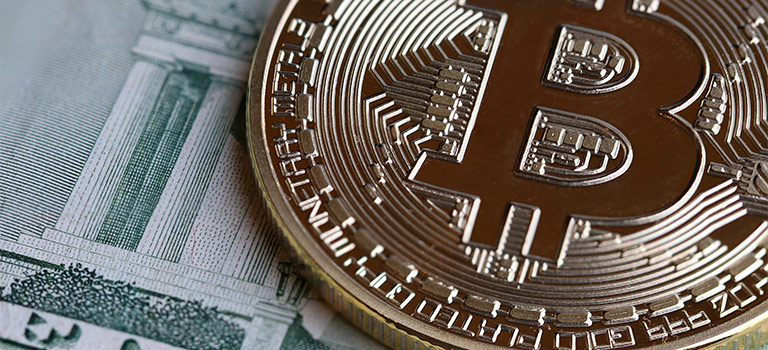PALO ALTO, Calif. (Reuters) - The Federal Reserve is looking at a broad series of problems around digital payments and currencies, consisting of policy, style and legal considerations around possibly releasing its own digital currency, Governor Lael Brainard stated on Wednesday. Brainard's remarks recommend more openness to the possibility of a Fed-issued digital coin than in the past." By transforming payments, digitalization has the possible to provide higher worth and benefit at lower cost," Brainard said at a conference on payments at the Stanford Graduate School of Business.

Main banks internationally are debating how to manage digital finance technology and the distributed ledger systems used by bitcoin, which guarantees near-instantaneous payment at possibly low expense. The Fed is developing its own day-and-night real-time payments and settlement service and is presently examining 200 comment letters sent late last year about the suggested service's style Get more information and scope, Brainard said.
Less than 2 years ago Brainard told a conference in San Francisco that there is "no compelling demonstrated need" for such a Click for info coin. But that was before the scope of Facebook's digital currency ambitions were commonly understood. Fed authorities, consisting of Brainard, have actually raised concerns about consumer securities and information and privacy dangers that might be presented by a currency that could come into usage by the third of the world's population that have Facebook accounts.
" We are teaming up with other reserve banks as we advance our understanding of reserve bank digital currencies," she stated. With more nations checking out issuing their own digital currencies, Brainard said, that contributes to "a set of factors to likewise be making certain that we are that frontier of both research and policy advancement." In the United States, Brainard said, concerns that require research study consist of whether a digital currency would make the payments system much safer or simpler, and whether it might pose financial stability threats, including the possibility of bank runs if money can be turned "with a single swipe" into the main bank's digital currency.
To counter the monetary damage from America's extraordinary nationwide lockdown, the Federal Reserve has taken unprecedented steps, consisting of flooding the economy with dollars and investing directly in the economy. The majority of these relocations received grudging approval even from numerous Fed doubters, as they saw this stimulus as required and something just the Fed could do.
My brand-new CEI report, "Government-Run Payment Systems Are Risky at Any Speed: The Case Versus Fedcoin and FedNow," information the threats of the Fed's existing prepare for its Great post to read FedNow real-time payment system, and propositions for central bank-issued cryptocurrency that have actually been called Fedcoin or the "digital dollar." In my report, I go over issues about privacy, information security, currency adjustment, and crowding out private-sector competitors and innovation.
Supporters of FedNow and Fedcoin state the federal government must develop a system for payments to deposit immediately, instead of motivate such systems in the economic sector by lifting regulatory barriers. However as noted in the paper, the economic sector is supplying a relatively endless supply of payment technologies and digital currencies to fix the problemto the degree it is a problemof the time space between when a payment is sent and when it is received in a checking account.
And the examples of private-sector innovation in this area are lots of. The Clearing Home, a bank-held cooperative that Check out this site has been routing interbank payments in different kinds for more than 150 years, has been clearing real-time payments since 2017. By the end of 2018 it was covering half of the deposit base in the U.S.